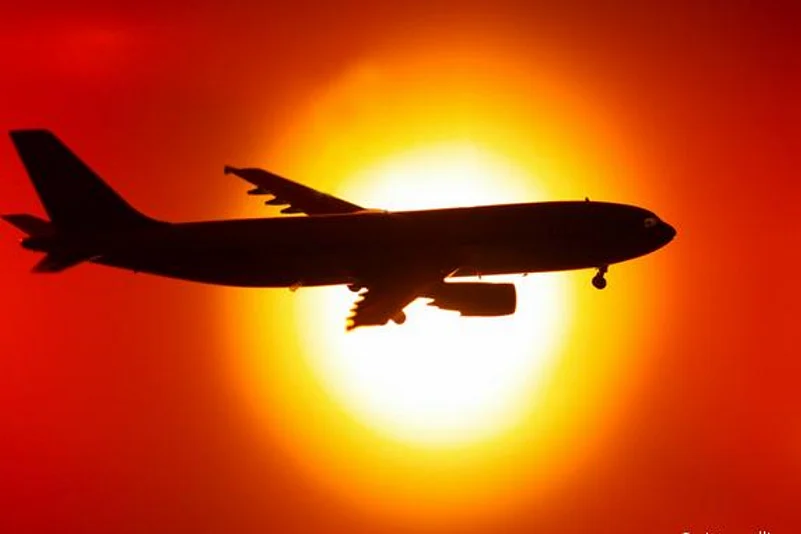The emergence of a new Covid-19 variant in South Africa has sparked international concern, with the European Union saying on Friday it will ask member states to "stop air travel" from the southern African region.
Germany has declared South Africa as a "virus variant area" and, as of Friday night, "airlines will only be allowed to transport Germans" from the country, health minister Jens Spahn tweeted. Even then, "14 days of quarantine will apply to everyone, including those who have been vaccinated," Spahn added.
The announcement follows similar moves by the United Kingdom, Israel and Singapore, which on Friday introduced new travel limits after the new variant was detected in South Africa.
Britain announced it will be suspending flights from South Africa, Namibia, Lesotho, Botswana, Eswatini and Zimbabwe with immediate effect.
Israel will also be stopping entry from those countries, as well as Mozambique. Returning Israelis will be required to quarantine.
Meanwhile, Japan has followed a similar path, opting to tighten their border controls for visitors from southern Africa.
India raises alarm
The Indian health ministry has issued an alert for the new variant, though, as yet, not suspended travel from southern Africa, according to India Today.
"This variant is reported to have a significantly high number of mutations, and thus, has serious public health implications for the country, in view of recently relaxed visa restrictions and opening up of international travel," Health Secretary Rajesh Bhushan said.
As a result, all international travelers coming to India from "at-risk" countries must be subjected to rigorous screening and testing, the ministry has instructed.
South Africa confirms 22 cases of variant
South Africa's National Institute for Communicable Diseases (NICD) confirmed that there had been 22 confirmed cases of the B.1.1.529 variant, and said more were expected.
The World Health Organization (WHO) said that it is one of the "variants under monitoring."
According to WHO Covid-19 technical lead Maria Kerkhove, it would still take a few weeks to determine whether it should be identified as a "variant of interest" or a "variant of concern."
"Everybody that's out there needs to understand that the more this virus circulates, the more opportunities the virus has to change, the more mutations we will see," Kerkhove said.
Currently only 6.6% of people on the African continent have been fully vaccinated. However, fears are also growing in areas with much higher vaccination rate. On Thursday, UK Health Secretary Sajid Javid suggested that the existing vaccines might be less effective against the new virus variant, and that it "may well be more transmissible" that other variants.
Scientists need more data
John Nkengasong from the Africa Centres for Disease Control and Prevention (Africa CDC) said that the data still needed to be investigated and assessed.
"We need to do more studies, there is a lot we don't know about this virus," Nkengasong said. "We have to look at this data very carefully before we make an announcement."
According to the Africa CDC, a total of around 8.6 million infections have been recorded on the continent so far, and 222,000 of those infections were fatal.

























